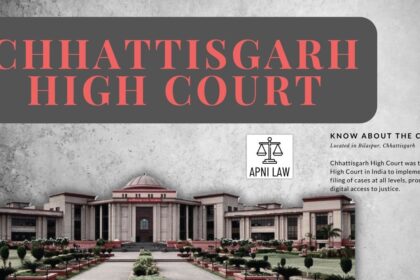Code:
1[(1) Save as otherwise provided in sub-section (2), and subject to the provisions of sub-sections (3) and (5),–
(a) the District Magistrate may, in any case, direct the Public Prosecutor to present an appeal to the Court of Session from an order of acquittal passed by a Magistrate in respect of a cognizable and non-bailable offence;
(b) the State Government may, in any case, direct the Public Prosecutor to present an appeal to the High Court from an original or appellate order of acquittal passed by any Court other than a High Court [not being an order under clause (a)] or an order of acquittal passed by the Court of Session in revision.]
(2) If such an order of acquittal is passed in any case in which the offence has been investigated by the Delhi Special Police Establishment constituted under the Delhi Special Police Establishment Act, 1946 (25 of 1946), or by any other agency empowered to make investigation into an offence under any Central Act other than this Code, 2 [the Central Government may, subject to the provisions of sub-section (3), also direct the Public Prosecutor to present an appeal—
(a) to the Court of Session, from an order of acquittal passed by a Magistrate in respect of a cognizable and non-bailable offence;
(b) to the High Court from an original or appellate order of an acquittal passed by any Court other than a High Court [not being an order under clause (a)] or an order of acquittal passed by the Court of Session in revision.]
(3)3[No appeal to the High Court] under sub-section (1) or sub-section (2) shall be entertained except with the leave of the High Court.
(4) If such an order of acquittal is passed in any case instituted upon complaint and the High Court, on an application made to it by the complainant in this behalf, grants special leave to appeal from the order of acquittal, the complainant may present such an appeal to the High Court.
(5) No application under sub-section (4) for the grant of special leave to appeal from an order of acquittal shall be entertained by the High Court after the expiry of six months, where the complainant is a public servant, and sixty days in every other case, computed from the date of that order of acquittal.
(6) If, in any case, the application under sub-section (4) for the grant of special leave to appeal from an order of acquittal is refused, no appeal from that order of acquittal shall lie under sub-section (1) or under sub-section (2).
Explanation:
- Right of the State: This section grants the State Government or the Public Prosecutor the right to appeal against an acquittal by a lower court.
- Sanction Required: The appeal cannot be filed directly. It requires the sanction of the High Court, ensuring that appeals are not frivolous.
- Grounds for Appeal: The appeal can be filed on the grounds that the acquittal was:
- Based on a wrong interpretation of law.
- Based on insufficient evidence.
- Due to an error of procedure.
- Appellate Court: The appeal is filed with the High Court, which has the power to review the lower court’s decision.
Illustration:
Imagine a case where a person is accused of murder. After the trial, the lower court acquits the accused due to lack of evidence. The State, believing that there is sufficient evidence and that the acquittal was incorrect, may seek sanction from the High Court to appeal against the acquittal. If granted, the High Court can then review the case and potentially overturn the acquittal.
Common Questions and Answers:
Q: Can the accused person appeal against an acquittal?
A: No, the accused person cannot appeal against their own acquittal.
Q: Can the State appeal against an acquittal in every case?
A: No, the appeal must be sanctioned by the High Court. The High Court will consider whether there is a strong case for appeal before granting sanction.
Q: What happens if the High Court allows the appeal?
A: The High Court can review the evidence and proceedings of the lower court. They can then:
-
- Confirm the acquittal.
- Set aside the acquittal and order a retrial.
- Convict the accused person.





